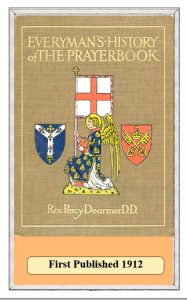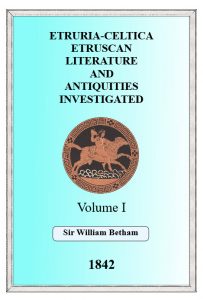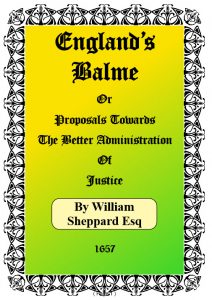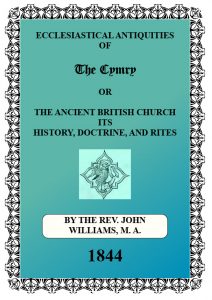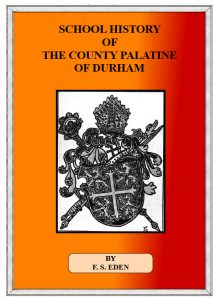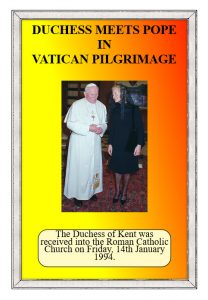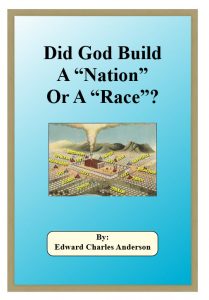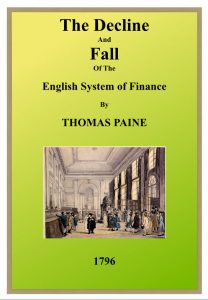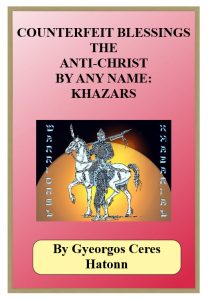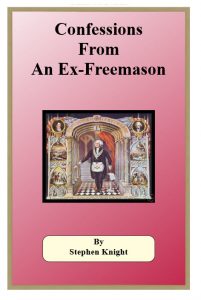THIS little book cannot claim to be either “high-church” or low-church.” It is written in the belief that both those party terms are becoming obsolete, and that the Churchman of the future will be content to be a faithful Christian, and an honest man, thinking highly of the Church and lowly of himself. The writer hopes, however, that it will be found to have a certain breadth, since one cannot have a real Catholicism without catholicity; and if there is a word in it which is not Evangelical, he would wish it withdrawn by this preface. He has kept in mind, throughout, the friendly cheer which comes to us in these happier days from our separated fellow-countrymen on the one side and from the Orthodox Churches of the East on the other ; nor has he been forgetful of the debt we owe both to the Roman Church of earlier days, which sent the Gospel to our Western Islands, and with it the service-books from which our own is so largely derived, and also
to the Lutheran and other Reformers, who won for us some part of our Christian freedom. “Excellent courage our fathers bore.” Only to those on each side he would plead that, if anything in these pages displeases them, they should remember the other side. Everyman’s History of the Prayer Book is written for Everyman; and, after all, the Master whom we are each trying to follow is above all our divisions, rebuking our uncharities, and blessing every step we take along that Gospel way which is narrow to us only because we come so far short of God’s infinite breadth.
Everyman’s History of the Prayer Book is for Everyman, endeavouring to present that amount of matter which Everyman ought to know something about. The author has already written a very small introduction to the subject, called The Prayer Book, What it is, and he has avoided repeating from that little work more than seemed necessary, so that it may be taken, with one or two pamphlets, as a manner of appendix, completing what he has tried to say.
